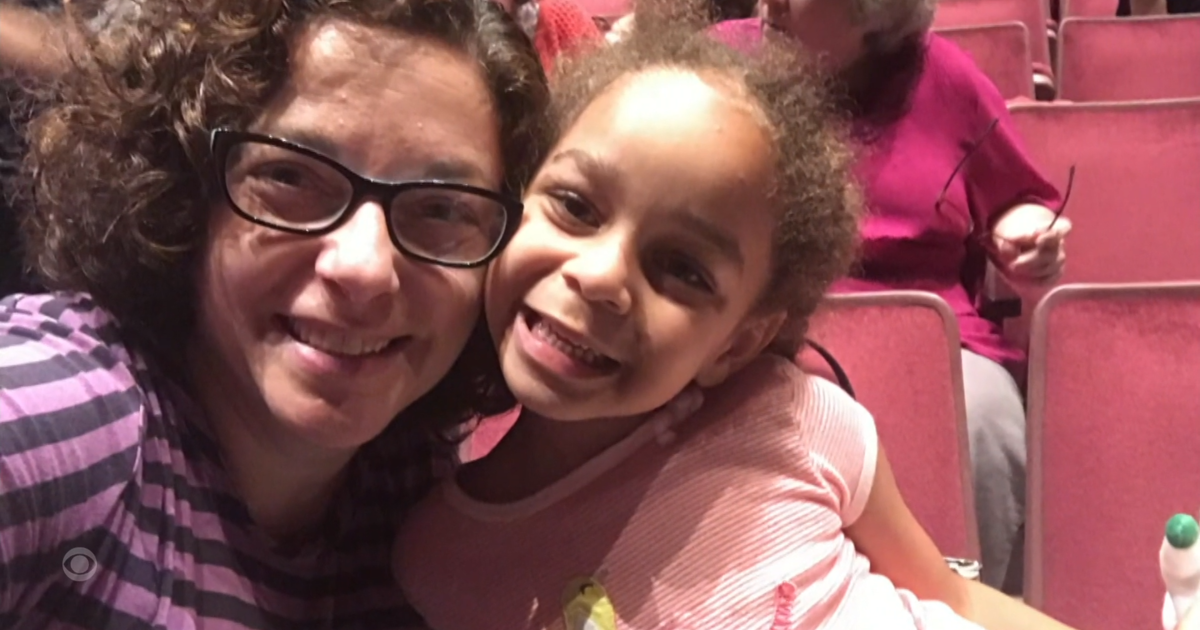Columbia University's "Uncovering inequality" project reveals extent of systemic racism
NEW YORK -- A series of new reports reveal the ways racism continues to cause inequality in our society.
The dean of Columbia Journalism School commissioned the "Uncovering Inequality" project, hoping to change conversations around the country. The idea for the project came to Jelani Cobb in 2020, as the country reeled from the pandemic, the subsequent recession, and the outcry over policing after the death of George Floyd.
"Nobody is talking about the fact that all three of those things disproportionately affect the same communities," Cobb told media members when the data was released.
Cobb charged subject-matter academic experts to compile comprehensive research in five fields. They analyzed housing, health care, education, economics and criminal justice. They revealed the findings this week at Columbia Journalism School.
"I think it's too easy to feel like inequality drops from the sky and there's some haves and there's some have nots," said criminal justice report co-author Vesla Weaver, who works at Johns Hopkins University.
Cobb believes if journalists can see the bigger picture of racial inequality, they can help the public better understand how far we still have to go.
"We moved away from areas where we had a smaller disparity in criminal justice than we see now," Cobb pointed out, "Areas in which there was a closer proximity of Black and white homeownership than we have at this moment. Areas at which we saw educational achievement converge, and then move further apart."
"Upper-income Black women have infant mortality rates that exceed those of poor white women," Cobb continued, "so even as we see progress, sometimes we see the seeds of new problems emerging."
Cobb said he also plans to continue the conversation with Columbia's leadership to address how the university can be a better neighbor.
"I'm very new in this position," Cobb admitted, "but I'm always advocating for stronger community relations."
Some on campus question Columbia's own recent real estate expansion into the Harlem neighborhood.
"There's no transparency," said graduating senior Harry Foster. "It's one thing if you're buying up the land and saying hey, we're going to build a bunch of daycare centers or schools or whatever, things for the community."
"There's a lot to be done," Cobb added, "and I think that, as an institution that has resources and has the legacy that it has and the standing that it has, it's really important that we make sure that we are as beneficial to the people in the community around as well as we can be."
At the same time, students in Columbia's General Studies department have formed the group Equality for GS to advocate for access to the financial aid they need. Cobb said these concerns are all connected.
"Housing inequality can't be separated from economic inequality," Cobb said, "and economic inequality can't be separated from health care outcomes. All these things are interrelated."
Cobb hopes the reports shape reporting, so that inequality is no longer ignored.
Four of the five reports from the "Uncovering Inequality" project are available online right now. The economics report will be released Wednesday. Read the in-depth research here.
Have a story idea or tip in Harlem? Email Jessi by CLICKING HERE.




